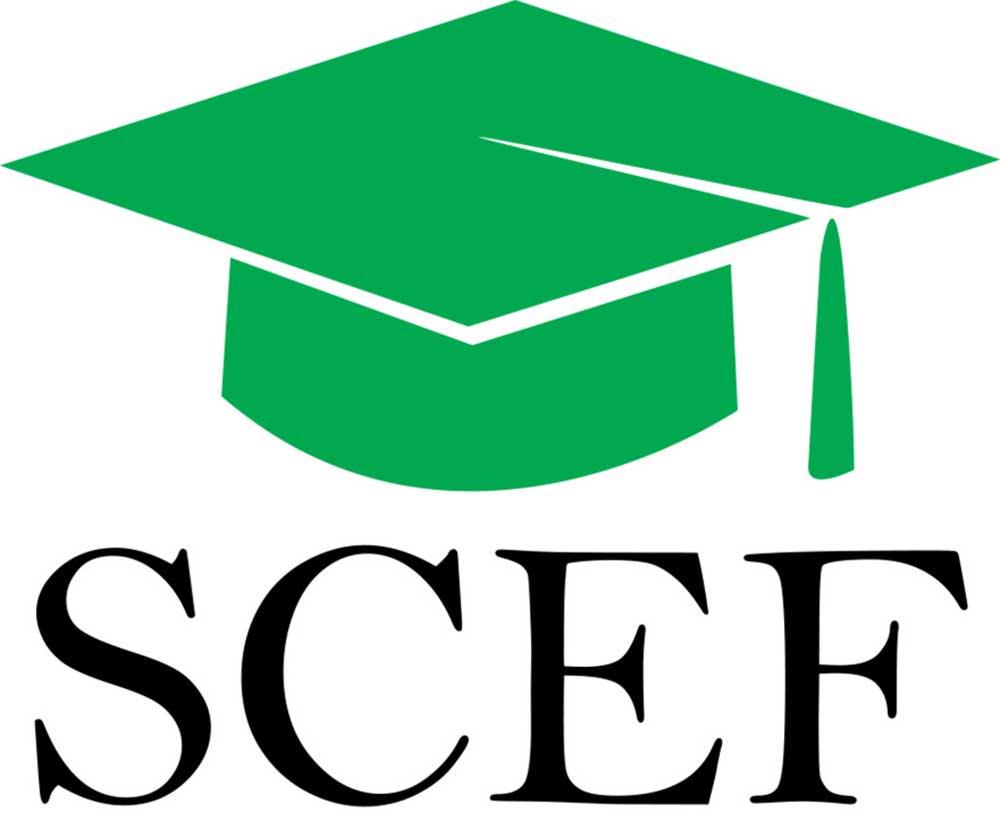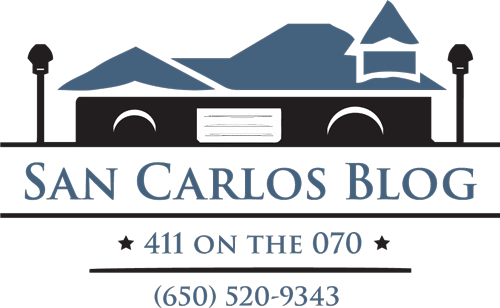Arbor Bay School, a Young Five – 8th Grade school for students with learning differences, has leased the Kiwanis Building from the City of San Carlos since 2009. Arbor Bay School’s mission is to increase opportunities for children in grades K-8 with mild to moderate learning differences to achieve academic and social success. The school achieves this through highly individualized and specialized instruction, combined with speech and occupational therapy, in a small classroom environment.
Students from other local schools also have the opportunity to take advantage of Arbor Bay School’s after school program, as it has a low student: teacher ratio, as well as its on-site speech therapists, occupational therapists, and/or educational specialists.
Often, parents are concerned about altered dreams when their child is diagnosed with a learning difference. When families first come to Arbor Bay School, they are immediately put at ease in an extremely supportive environment. They are also assured that learning differences are not correlated with intelligence. Winston Churchill, Charles Schwab, Cher and James Carville are just a few of the many people with learning differences who have made a big impact regardless of their learning differences.
What does learning difference mean? People process, analyze, express and store information in many ways. Individuals with learning differences may have a difficult time processing information in a traditional sense, which can affect their academic and social understanding. Without proper attention, ongoing academic challenges can impact confidence and self-esteem, which can affect every aspect of a child’s life.
Arbor Bay School offers a multi-disciplinary, multi-sensory approach to learning. Once a child with learning differences ‘learns how to learn,’ they can often return to their community school and experience success there.
To provide an idea of how the program works, we will highlight a success story of a student named Kent, who started Arbor Bay School in Kindergarten. At the time he had trouble with transitions and with self-regulation, in addition to challenges with communication. With a low student-teacher ratio of 4 students to 1 teacher, Arbor Bay School provided a tailored program where he was presented with materials in an individualized developmental sequence so he could experience success before being given new challenges. Through this approach, he gained self-esteem and became confident in his learning abilities.
Kent also benefited from Arbor Bay School’s multi-sensory curriculum, rather than the more typical lecture style of teaching. Using all five of his senses for learning was a much better approach for Kent due to his challenges with language. Kent also participated in social skills sessions in the classroom, where students learn how to better relate to their friends and manage self-regulation. At the same time, Kent had Speech/Language therapy sessions both inside and outside of the classroom environment to improve his communications abilities.
By the time he was in first grade, Kent was much more prepared to learn, although he still would have difficulties paying attention when presented with something too challenging. Arbor Bay School’s occupational therapists worked with Kent and his teachers and implemented “Brain Gym” as part of his treatment plan. Brain Gym is a series of intentional physical routines that lead to optimal learning. After Kent started practicing these exercises every day at the beginning of school, his ability to pay attention improved and he had an easier time learning new concepts. In fact, he became a proverbial sponge!
By the end second grade, Kent no longer needed to practice Brain Gym every day. He could self-monitor for when he started to tune out and would initiate the Brain Gym exercises himself. This demonstrates incredible progress!
Kent recently transitioned back to his district school, and we are confident he will be a successful learner, using the tools he has been given, for the years to come.
There are 15 million people in this nation alone with learning differences, and at least 20 percent of those have difficulties with attention. Quality teachers, a low-student-teacher ratio and working in partnership with speech/language pathologists, occupational therapists and educational specialists can help many children with learning differences adapt and meet his/her potential.
If you are interested in learning more about Arbor Bay School and its program, please visit www.arborbayschool.org or call 650-631-9999.
Who Uses The Kiwanis Building At Burton Park These Days?
September 28, 2012
2008-2025 SCEF Diamond Sponsor
 Since 2008 I am proud to have donated auction items and cash totaling $300,000 to the San Carlos Education Foundation.
Since 2008 I am proud to have donated auction items and cash totaling $300,000 to the San Carlos Education Foundation.Subscribe
Get it straight from the top! Bob Bredel is the #1 Realtor for total San Carlos sales volume 2008-2025. Never miss out on San Carlos news by getting our blog in your inbox. As an added bonus, receive quarterly real estate market reports.
Ask Bob Bredel
-

Contact
Bob Bredel
650-520-9343
bob@bredelhomes.comAddress
Christie’s International Real Estate Sereno
662 Laurel Street, Suite A
San Carlos, California 94070Subscribe
Subscribe to receive notifications when new posts are added to the San Carlos Blog.





Leave A Reply